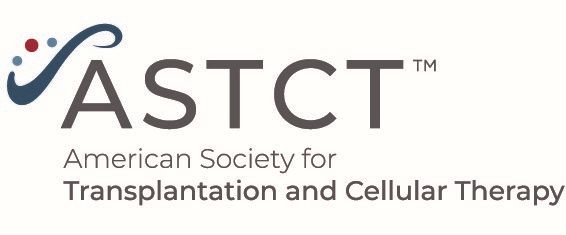
Chinese Researchers Identify Risk Factors for Poor Treatment Response to CAR T Therapy in ALL Patients

ASTCT recently published an article in their journal Nucleus detailing CAR T therapy in patients with acute lymphoblastic leukemia.
The following was recently published in ASTCT’s
The presence of a TP53 mutation or bone marrow blasts at a level greater than 20% were independent risk factors for failure to achieve a complete response (CR) in a cohort of 254 pediatric and adult patients with B-cell acute lymphoblastic leukemia who received CAR T-cell therapy in five manufacturer-sponsored clinical trials conducted at a single center in China between 2017 and 2021. A TP53 mutation, severe cytokine release syndrome, and a lack of follow-up consolidative allogeneic HSCT were independent risk factors for low leukemia-free survival (LFS) and overall survival (OS). The study was published online in August in Cancer Immunology and Immunotherapy.
Patient age, extramedullary disease, complex cytogenetics, a history of prior allogeneic HSCT, prior chemotherapy, differences in bridging chemotherapy prior to CAR T-cell therapy, and CAR T-cell dose or manufacturing protocol had no effect on CR, while age and CAR T-cell dose did not significantly affect LFS or OS.
The researchers conclude that patients with a high tumor burden and those with bone marrow blasts below 5% can benefit from consolidative allogeneic HSCT following CAR T-cell therapy. They acknowledge, however, that a limitation of their findings is that patients included in the analysis received CAR T cells produced by five different manufacturers.
Reference
Zhang X, Yang J, Li J, et al. Factors associated with treatment response to CD19 CAR-T therapy among a large cohort of B cell acute lymphoblastic leukemia [published online ahead of print, 2021 Aug 7]. Cancer Immunol Immunother. 2021;10.1007/s00262-021-03009-z. doi:10.1007/s00262-021-03009-z
Newsletter
Stay up to date on recent advances in the multidisciplinary approach to cancer.




































